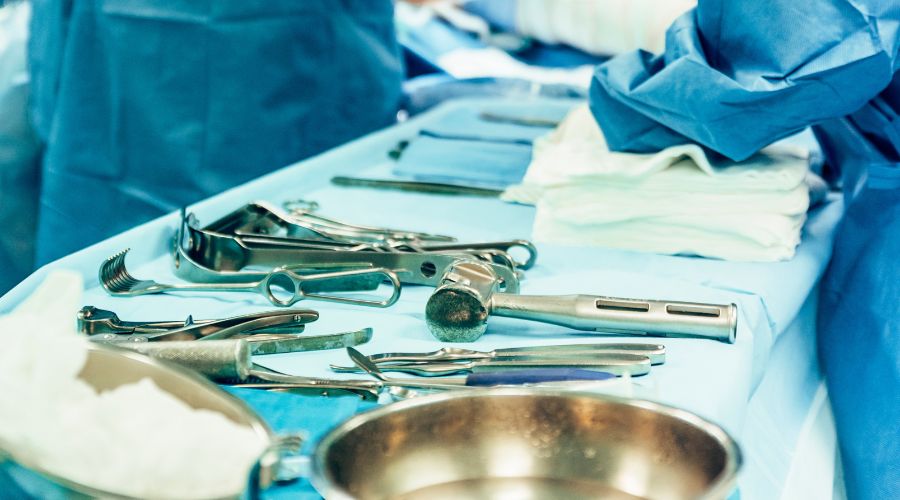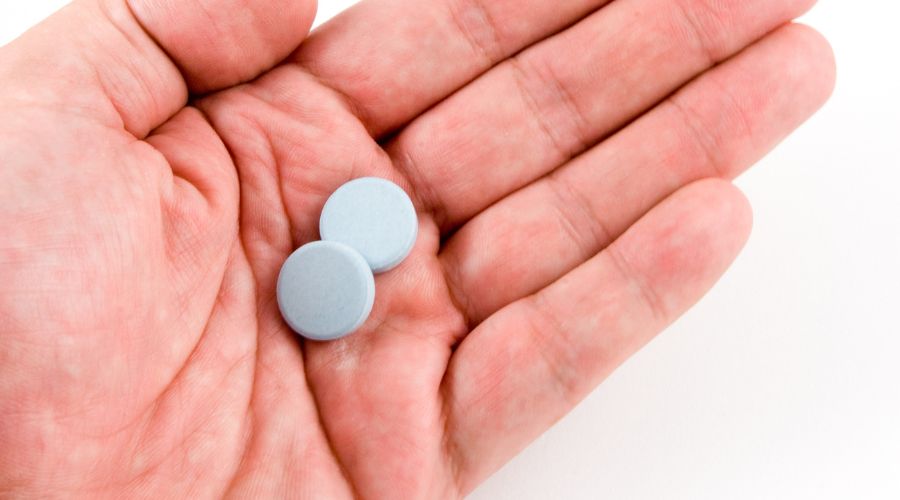Causes of GERD
The most common reason for GERD is weakness in the lower esophageal sphincter, the valve between the esophagus and the top of the stomach. A normal LES allows food and drink to pass down, but then closes fully. This stops stomach contents from pushing back up. However, when the LES malfunctions, highly acidic stomach juices push into the sensitive lining of the esophagus and cause pain and other dysfunctions. This acid may travel all the way up to the mouth where it can cause bad breath, yellowing teeth, chronic dry cough and other issues.
Another possible cause of GERD is a hiatal hernia. This is where the hiatus – the hole in the diaphragm through which the esophagus passes – stretches and allows stomach tissue to push up through the diaphragm. Hiatal hernias are very common in the obese population and are often found and corrected during a primary bariatric surgery. Learn more about hiatal hernias.
Persistent or chronic acid reflux is also a potential complication of a Lap-Band or gastric band. This has become more apparent as longer-term band patients complain of this and other negative effects. The band can be removed, which would likely cause weight regain or converted to another procedure such as a gastric bypass or gastric sleeve.




